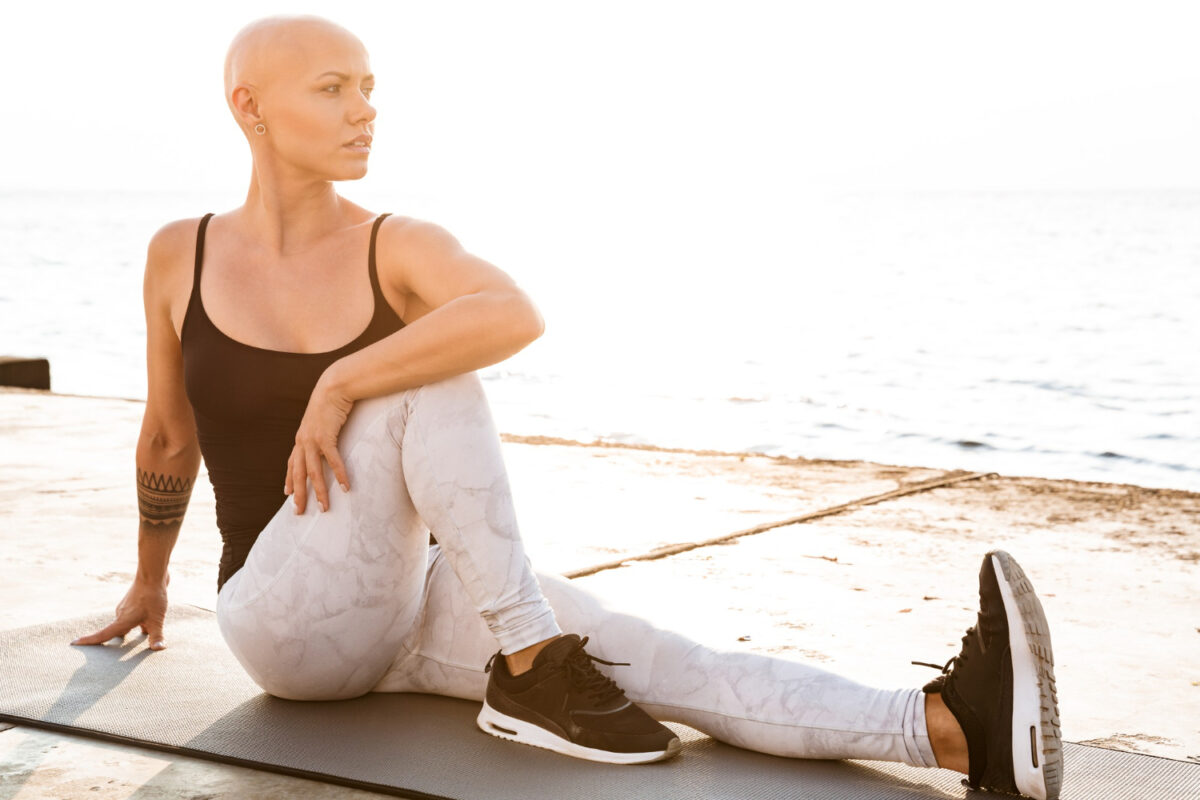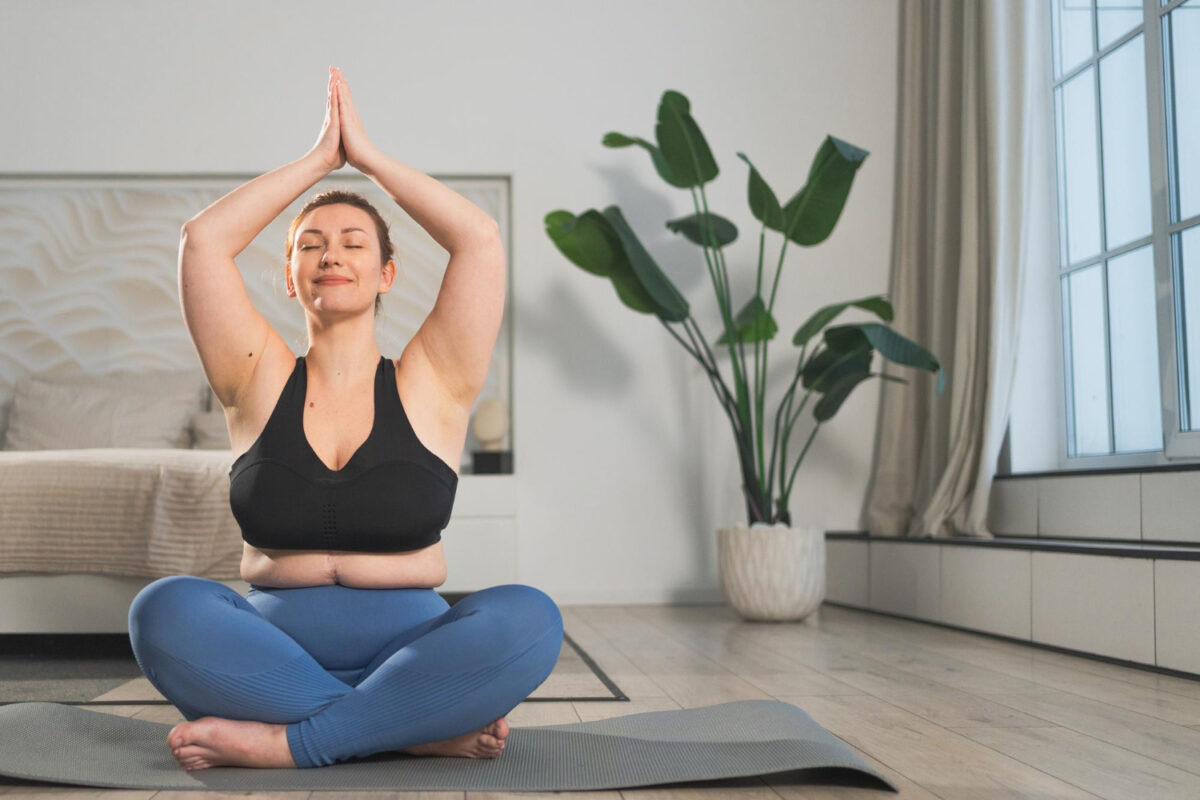The yoga practice during a oncological process It can benefit us in multiple ways, both physically, mentally and emotionally. Today, since Sincronia Yoga, we tell you the benefits of oncological yoga.
What is oncological yoga?
It's about a variant of traditional yoga applied to people who are undergoing an oncological process, either during or after the intervention or operation, if any. He oncological yoga characterized by the most vision clinical-therapeutic practice, where the therapeutic and emotional benefits of it are sought and promoted in front of others.
Currently, in our country it is beginning to be offered within the new multidisciplinary approach Y holistic to treat cancer patients, since its benefits have been proven in terms of physical recovery and emotional management.
When to start practicing oncological yoga?
Although each process is a world depending on the interventions to which we have been subjected, the oncological yoga it can be useful:
- Preparation for interventions: visualizations, meditation, strength practices and emotional management.
- During the process of intervention, chemo, radio, surgery, through meditation, visualizations and emotional calm
- Period of Recovery: strengthen, recover and trust.

It is recommended a very gentle practice knowing the history of each patient and the type of intervention they have undergone or will undergo. Some surgeries will be aggressive with our body, others lighter, but emotionally hard. Some patients will have sequelae such as fatigue, anemia, gastrointestinal disorders, etc.
That is why the teachers, instructors Y yoga teachers who offer it, are people with sensitivity to this group and with knowledge about the possible limitations or physical characteristics of its practitioners.
Benefits of this practice
The benefits of practicing oncological yoga They extend from the physical body, being a complement to the rehabilitation, until the mind and the emotional management of the process involved in the disease and its consequences.
Let's look at some of them in detail:
- Stretch the body. Wake it up and stretch it, a new day begins before you. The postures will help you gain physical and mental flexibility. Get out of the cave and start your day with energy.
- Return to physical activity and be active without unnecessary overexertion. At your pace and breathing. Yoga is a pleasant activity that does not have much cardiovascular strain and allows a deep understanding of our body. This will allow you to regulate your periods of activity and rest, favoring your recovery.
- Space and time to recognize ourselves in this new state. You are recovering, you are already on the starting line.
- Strengthen and reactivate all muscles adjacent to the operation and/or interventions. Create a new support for your body, reactivate your muscles and thereby allow the body's natural cleansing and regeneration circuits to be activated.
- Increase vital energy. It is one of the best-known effects of yoga practice, from physical, mental and emotional balance, prana or vital energy is recovered. The practice will do you good and you will be able to focus on your care and recovery.
- Connection with self. The practices focus on you, perhaps for a few moments you can leave all worries out of the room, and focus on you, your breathing, your being. How are you? How do you feel here and now?
- Share from understanding. Often patients with oncological processes cannot share their emotions and condition with their family and acquaintances, so as not to “burden” them with more worries. In the oncology yoga groups, a practice is shared where everyone is in a similar process. Therefore, understanding and solidarity between practitioners is present.
- Hormonal regulation. Through the regulation of breathing we will achieve regulation of the internal processes of our body, this includes the necessary hormonal regulation that may have been altered by the interventions.
- Activation of the parasympathetic nervous system. It will lead you to physical and mental calm.
Many of these benefits are obtained during conscious breathing which accompanies the movements and postures of yoga practice and is the state prior to meditation. The breath where we simply observe the air entering and leaving the body in a calm, slow and natural way.
As we mentioned, the practice of oncological yoga can start at any time when you feel you need this support that yoga can offer you. Learn to listen to yourself, to regulate your rhythm and your times, not to be overwhelmed by the external, that is no longer important.
Prioritize yourself and take care of yourself.
Silvia Gallego González
Yoga teacher, author and editor of breathing books





